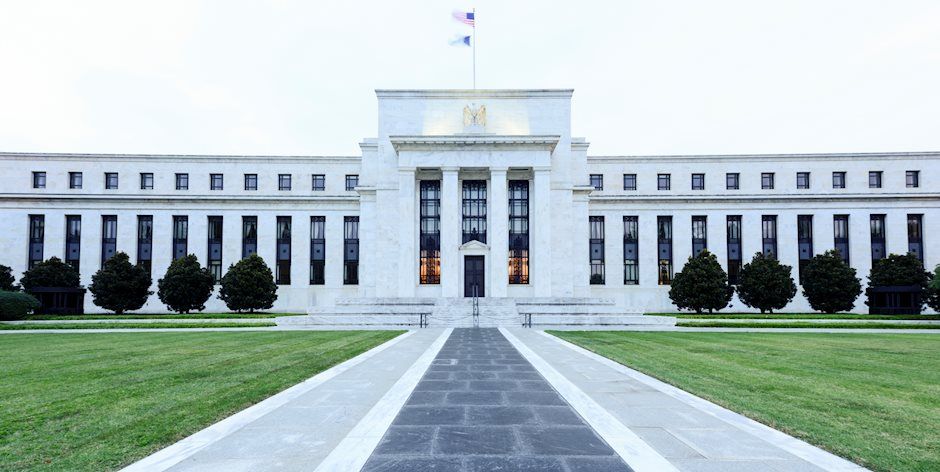Federal Reserve’s ‘Doomsday book’ reveals vast power claimed by central bank

After years of speculation, the Federal Reserve has released its so-called “Doomsday Book”—an internal document that outlines the vast power the central bank can claim during times of financial emergency.
The Doomsday Book was recently released by the Fed in response to a Freedom of Information Act filed by finance professor Emre Kuvvet. Bizarrely, the Federal Reserve initially denied Kuvvet’s FOIA request, but its New York branch later provided the document with only names redacted.
The Doomsday Book reportedly shows that the Federal Reserve claims powers that far exceed what’s explicitly authorized by Congress.
“Instead of adhering strictly to clear legislative boundaries to justify its actions during financial crises, the central bank appears to ground many of its decisions in the New York Fed’s belief in the Fed’s discretionary authority,” Kuvvet wrote last December in the Wall Street Journal. “It relies on precedent for many of its actions, without explicit congressional authorization in some instances.”
Indeed, on page 33 of the book, an anonymous author in the book wrote that “the powers of a Federal Reserve Bank are far greater than is commonly supposed.”
For instance, the Doomsday Book documents how the Fed claims to have the power to bail out cities, or even to take ownership of companies, Kuvvet wrote.
The book shows that some at the Federal Reserve take a more conservative viewpoint about the central bank’s powers, but over time it has gradually taken a more activist viewpoint.
Kuvvet wrote that he hopes the Doomsday Book might spur Congress to consider constraining the Fed. But given that the central bank has already claimed so much power, doing so might prove difficult, he said.
“Establishing clear legislative boundaries for the Fed might be a futile endeavor because the central bank—or at least the legal team at its dominant member bank—apparently believes it can rely on precedent to justify virtually any emergency action,” he said.
While the Doomsday Book has been the subject of intrigue, critics of the Federal Reserve said it simply confirms what they already knew.
“The Doomsday Book confirms what many Austrians and libertarians have said about the nature of government in crises. The size and scope of the Fed is stretched, even beyond its own known boundaries, and then it never returns to its pre-crisis state,” wrote economist Jonathan Newman for the Mises Institute.
“The precedents are set in an ad hoc way and then codified ex-post. We’re left with a Leviathan.”
To receive free commentary and analysis on the gold and silver markets, click here to be added to the Money Metals news service.
Author

Ken Silva
Money Metals Exchange
Ken Silva is an investigative reporter for Headline USA whose reporting interests include FBI corruption, clandestine government activities, and extremist groups.

















